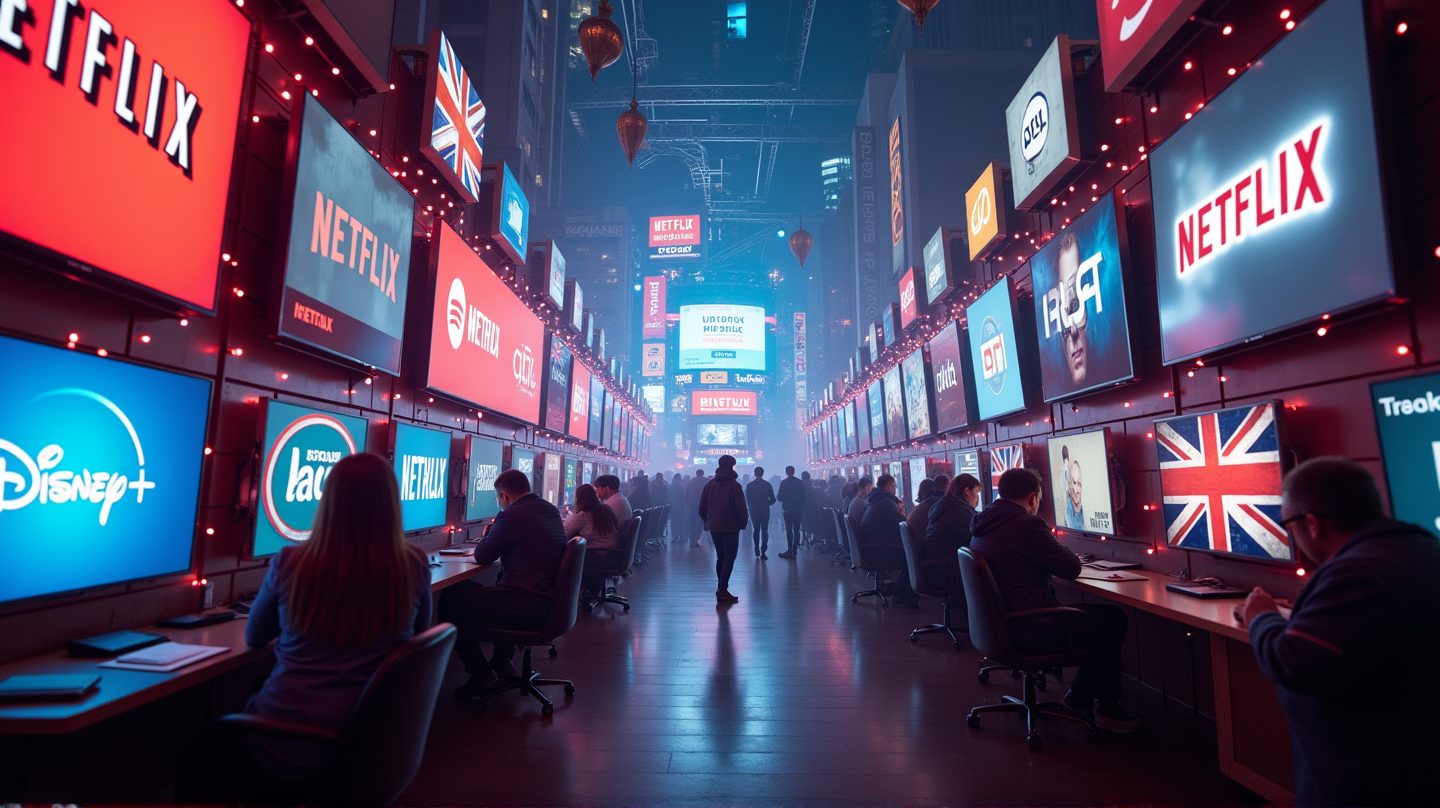The United Kingdom recently made headlines with its rejection of a proposed levy on streaming giants such as Netflix, Amazon Prime, and Disney+. This decision reflects the government’s support for a “mixed ecology,” where traditional broadcasting and new-age streaming can coexist and flourish side by side. As stated in The Hollywood Reporter, this significant move has set the tone for the future of the media landscape in the U.K.
A Significant Economic Contribution
In recent years, the contributions of blockbuster productions like Barbie and Bridgerton to the U.K. economy have been nothing short of transformative. Collectively adding over $484 million, these productions exemplify the financial impact that streaming services can have on local economies.
The Proposal and Its Rationale
The proposal for a 5% levy was initially put forward by Britain’s Culture, Media, and Sport Committee. The aim was to buoy local British production on high-end television and film, helping public service broadcasters reclaim some of the financial influx often dominated by streaming platforms.
A Booming Industry
Despite the concerns, the U.K. production industry continues to thrive. With production spending reaching a staggering £5.6 billion in 2024, driven majorly by inward investments and co-productions, the industry’s growth shows no signs of slowing down.
Government’s Vision for a “Mixed Ecology”
The rejection of the levy is accompanied by an encouraging call for more co-productions, aiming to bolster the relationship between streamers and public service broadcasters. The government pointed out successful collaborations like BBC and HBO’s His Dark Materials and highlighted the extensive investments being made by platforms like Netflix.
A Commitment to Creativity and Growth
Although there are no plans to rejoin the E.U.’s Creative Europe, the U.K. government has shown its willingness to nurture its independent screen content’s international reach. This is seen in the scaling up of the U.K. Global Screen Fund, marking a commitment to both creativity and economic growth within the media sector.
This landmark decision by the U.K. government not only assures a balanced media ecosystem but also paves the way for increased collaboration and innovation in the entertainment industry. As the world continues to embrace digital platforms, the U.K.’s approach provides a noteworthy model for nurturing both traditional and modern media formats.
